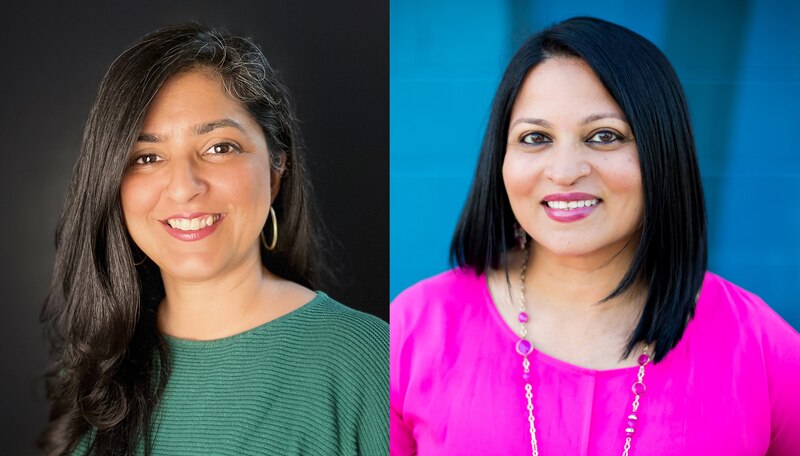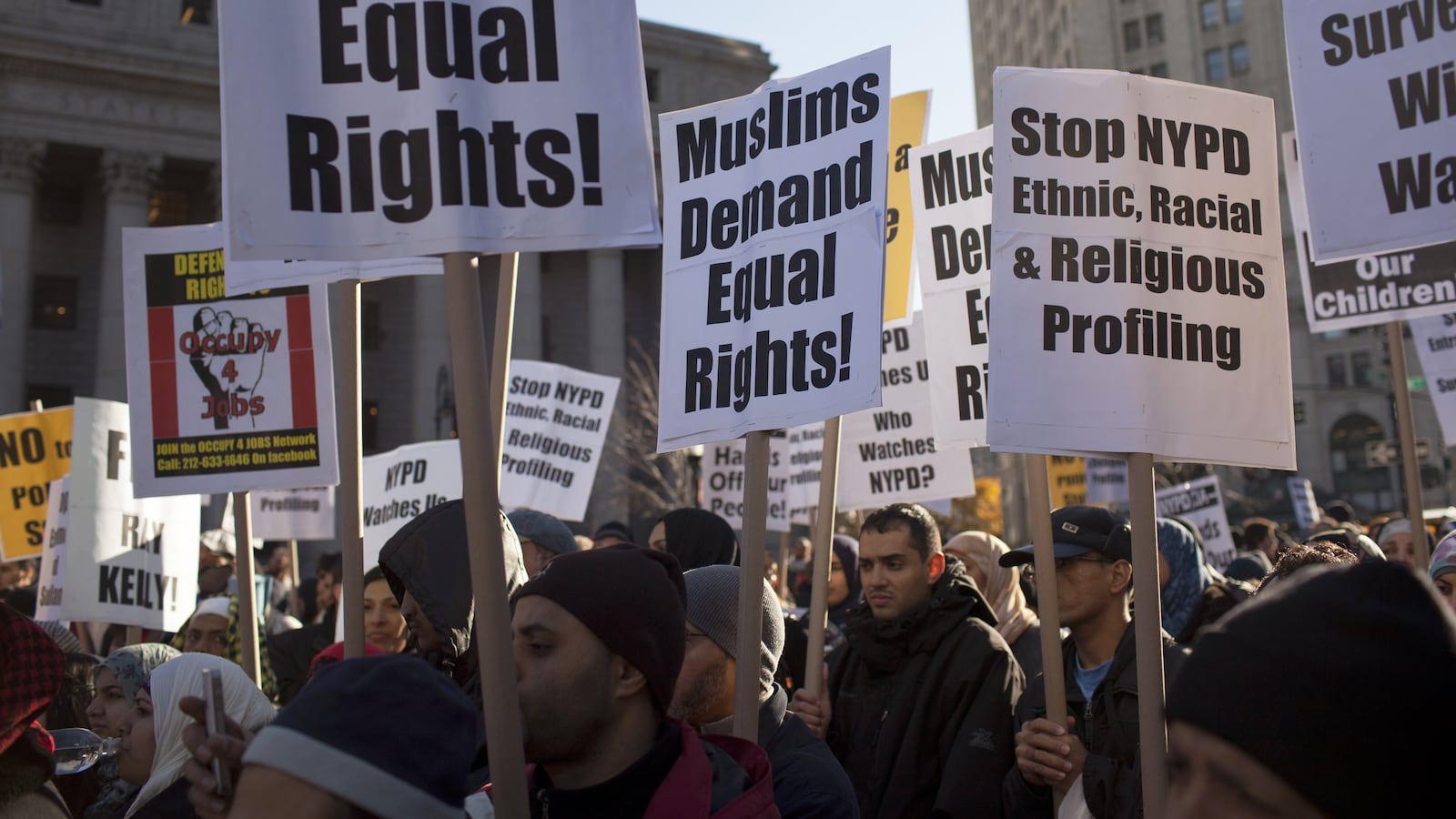Sign up for Chalkbeat’s free weekly newsletter to keep up with how education is changing across the U.S.
Monday marks the 22nd anniversary of 9/11. Around the country, people will remember the unimaginable losses of that day with memorials, rallies, hashtags like #NeverForget, and acts of service. And then they will move on, relegating 9/11 to a one-dimensional and incomplete historical narrative that centers the attacks and the immediate aftermath but neglects the long-term effects of decisions taken after that day.
This cycle of remembering and forgetting can be damaging for young people, especially those who did not live through 9/11 or started school after it occurred. Given recent attacks on how and what to teach about U.S. history, coupled with rising acts of hate against communities of color, we must demand more inclusive curriculums about 9/11 and its aftermath.
For both of us, what happened after the 9/11 attacks catalyzed our research and teaching. For Ameena, it grounded her research with youth from Muslim immigrant communities in the U.S. and, eventually, the creation of the curriculum Teaching Beyond September 11th. Examining the two decades after 9/11, the curriculum covers U.S. foreign and domestic policy as well as solidarity movements, media representation, and Islamophobia. For Deepa, it led her to support South Asian non-profits and write a book that documents the post-9/11 experiences of South Asian, Arab, Muslim, and Sikh immigrants in America.

Today, we are also parents of Gen Z children and have witnessed how limited the conversation around 9/11 is, particularly in public schools. Much of this conversation focuses on what unfolded on that terrible Tuesday. Rarely do students examine the devastating aftermath on communities who have borne the brunt of policies that followed in the name of national security or the roughly 432,000 civilian victims of direct war violence in the global war on terror.
It is becoming clearer with each passing year that U.S. students are receiving partial, time-limited, and de-contextualized histories and perspectives about a watershed moment in history. According to a 2017 audit, only 26 states include 9/11 and the subsequent war on terror in public school curriculums. Where and when it is taught, the emphasis is often on national security with scant mention of the effects of Islamophobia, restrictions to civil liberties, or the vast human costs of military interventions.
For Gen Z, 9/11 and its aftermath is perhaps akin to how our generation, Gen X, perceived the Vietnam War. Most of us did not live through that time, and our lessons reduced it to a dark period of U.S. history disconnected from the present. Knowing about the costs of the wars in Southeast Asia, their impact on the global anti-war movement, and the treatment of refugees would have provided us with a vital lens to evaluate U.S. policy.
Similarly, understanding how the world changed after 9/11 will better prepare Gen Z to evaluate policy, understand current events, and form meaningful connections with members of the communities impacted by the backlash to the attacks. It will help them assess the recent U.S. withdrawal from Afghanistan, the treatment of Afghan refugees, and the cynical use of anti-Muslim election rhetoric.
Social studies content about 9/11 should teach about the backlash perpetrated against Arabs, Muslims, Sikhs, and South Asians in the U.S. by fellow Americans and, later, by the state itself through government surveillance and profiling.
American history classes should probe how the U.S. immigration and national security infrastructure changed with the creation of the federal Department of Homeland Security. Students should learn how the war on terror did not just include wars in Afghanistan and Iraq, but also subsequent counterterror activities in 85 countries.
Our classroom amnesia around 9/11 could get worse.
Those who want to understand the fuller history have access to stories, case studies, voices of young activists, research, and documentation. These resources are likely to spark discussions about such topics as the mental health consequences of Islamophobia and the effects of domestic policies on working-class communities.
Still, our classroom amnesia around 9/11 could get worse, given the attacks on teaching and learning about the histories of people of color. But it’s crucial that students not receive watered-down historical information, be it about Black history in America or the 9/11 terror attacks and what followed.
Now, 22 years on, we have yet another opportunity to provide students with a complex and multi-layered understanding of 9/11. We have the chance to teach in ways that uplift historical accuracy and complex perspectives for young people. Our children deserve no less.
Ameena Ghaffar-Kucher, EdD, is a Senior Lecturer at the University of Pennsylvania’s Graduate School of Education. She is the project director and curriculum lead for the Teaching Beyond September 11th curriculum project.
Deepa Iyer works on solidarity and social movements at the Building Movement Project. Her book, ”We Too Sing America”, documents histories of South Asian, Muslim, Sikh and Muslim immigrants in the wake of 9/11.



